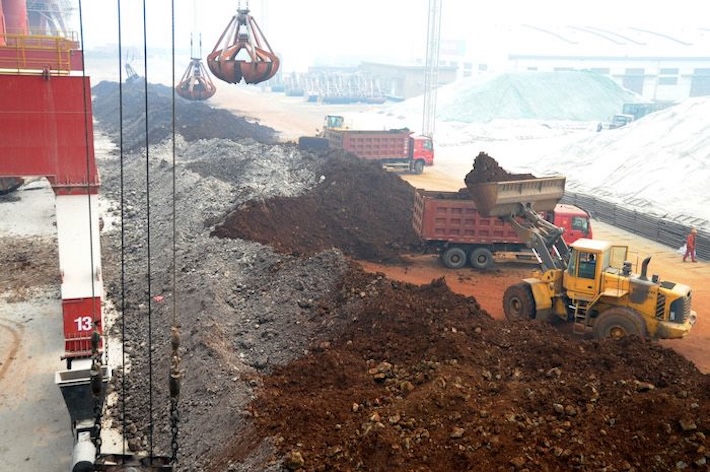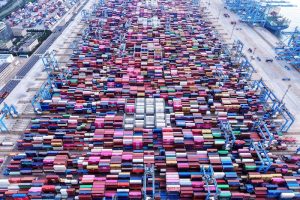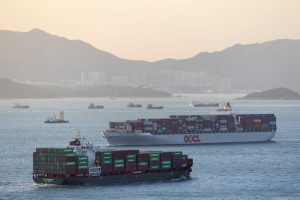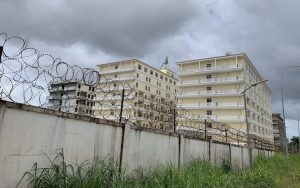(ATF) Hong Kong: Investors scrambled for safety as US-China tensions heightened after Washington announced new restrictions on Huawei Technologies, which Beijing said was “a naked hegemonic act”.
Australian markets outperformed after RBA minutes revealed the central bank “affirmed its commitment to supporting jobs, incomes and businesses” and that “underlying inflationary pressures would remain subdued for a considerable period”.
Australia’s S&P ASX 200 rose 0.84%, while Japan’s Nikkei 225 eased 0.2%, China’s mainland index the CSI 300 dipped 0.05% and Hong Kong’s Hang Seng benchmark inched up 0.08%.
“The minutes of the latest RBA meeting show that the Bank has become more worried about the impact of high unemployment on inflation and reveal that the Bank has become more inclined to ease policy further,” senior Australia and New Zealand economist at Capital Economics Marcel Thieliant said.
“We think additional government bond purchases aimed at longer maturities are the most likely tool.”
Huawei affiliates hit by ban
Meanwhile the United States Commerce Department further restricted Huawei Technologies access to US technology and added another 38 affiliates to the entity list.
“We have restricted its access to US technology, Huawei and its affiliates have worked through third parties to harness US technology in a manner that undermines US national security and foreign policy interests. This multi-pronged action demonstrates our continuing commitment to impede Huawei’s ability to do so,” Commerce Secretary Wilbur Ross said.
Everbright Sun Hun Kai analysts said the need for technological self-reliance on the part of Huawei is clear, with Huawei’s core component chips still reliant on US technology, and its stockpile expected to run out sometime next year. “Huawei has been designing its own core component chip, the Kunpeng 920, but requires production using a TSMC foundry as it is a 7nm chip and no other foundry is capable of producing such a chip,” it said.
“However, TSMC has not taken any new orders from Huawei since May 15 and the 120-day grace period will expire in September. This means that the need for domestic [company] SMIC to catch up is paramount, but SMIC is two generations behind.”
Safe havens were in demand with gold inching back hovering around $1,992 while US Treasuries also gained. The 10-year yield is down 2 bps to 0.68%. The US dollar weakened with its value against a basket of currencies down at 92.62.
Asian credit markets are firm with the Asia IG index moving in a basis point at 65/66 bps and the responses to new issues remain solid.
Hysan’s perpetual bond, KT Corp’s mandate for a short to intermediate bond, China Jianyin’s two-trancher and Yangzhou price guidance are some of the issues keeping investors busy.
ATF China Bond50 Index: ATF Financials index peaks on PBoC injection
Also on Asia Times Financial
China recovery at risk from high rates
Digital banks face critical mass challenges
China increasing overseas bond issuance
Foreign Exchange:.
Asia Stocks
# Japan’s Nikkei 225 index eased 0.2%
# Australia’s S&P ASX 200 jumped 0.77%
# Hong Kong’s Hang Seng index inched ahead 0.08%
# China’s CSI300 dipped 0.05%
# The MSCI Asia Pacific index added 0.51%.
Stock of the day
E-commerce retailer JD.Com surged 9.6% after it announced a 33% rise in revenue in the second quarter from a year ago. Net income rose to 16.4 billion yuan from 600 million.





















